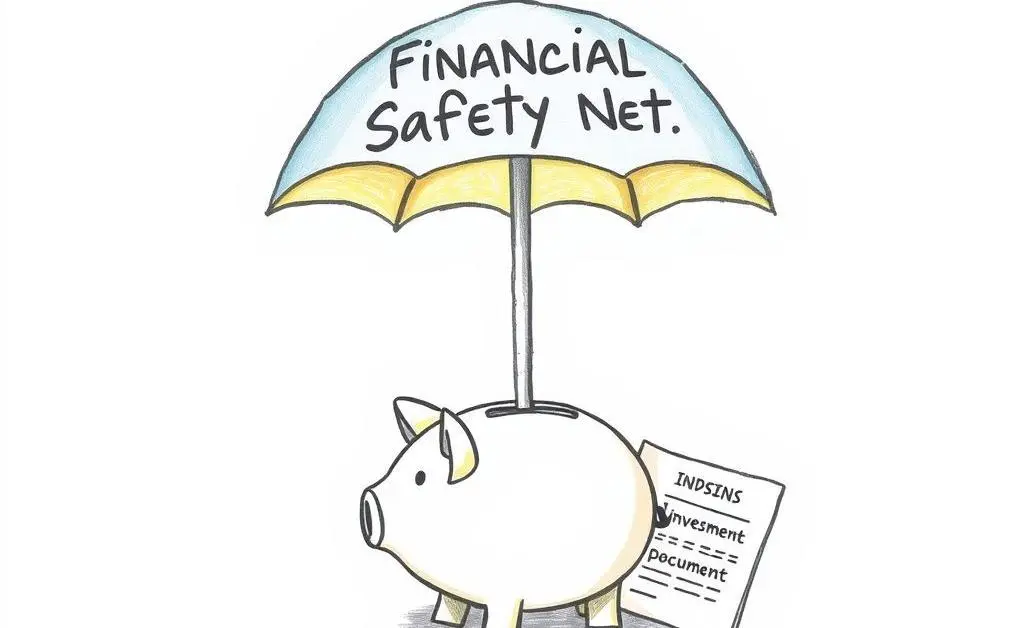Understanding Investment Plans for Young Adults
Invest wisely while living at home: top insights for young investors.

Have you ever wondered how to kickstart your investment journey while still living with your parents? If you're a young adult, perhaps fiscally attached to your family, planning your financial future can feel like navigating a stormy sea without a map. But don’t fret—this conversation is your guide to mastering investment plans even if you're financially tethered to home.
Starting with a Strong Foundation
It's crucial to lay a solid groundwork. Begin by understanding the basics of investment plans tailored for young adults. When you're linked to family finances, like being included in a parent's tax form, there are a few things you might need to consider.
Discussing Finances as a Family
Finance talks aren't always easy, but they can be enlightening. Picture this: a family dinner where you bring up the topic of investing. Your parents might initially raise an eyebrow, but soon the conversation blossoms, revealing insightful family anecdotes and advice.

Setting Realistic Investment Goals
Whether you're saving for a future education, a dream home, or just building a financial safety net, defining clear, achievable goals is essential.
- Short-term Goals: Could include setting aside a few hundred dollars monthly into a high-yield savings account.
- Mid-term Goals: Might involve investing in a diversified portfolio aimed at accumulating funds for a significant future purchase like a car.
- Long-term Goals: Typically focused on retirement savings or real estate investments.

Leveraging Family Support
Sometimes, the family dynamic offers unique financial advantages. If you're living at home, perhaps you can save on rent, freeing up more funds to invest. Open discussions about finances can also lead to valuable mentorship and support, turning family bonds into your biggest asset.
The Importance of a Safety Net
Before diving headfirst into investments, establish a financial buffer. An 'emergency fund' to back you up in unforeseen circumstances can make a world of difference.

Ready to Dive into Investments?
With your goals set and safety nets in place, you're prepared to explore your investment options. Research platforms that cater specifically to beginner investors. Investing while staying connected to your family might have its quirks, but it’s undeniably a learning curve worth embracing.
What are your thoughts on navigating investments while living with family? Have you had any eye-opening experiences?




